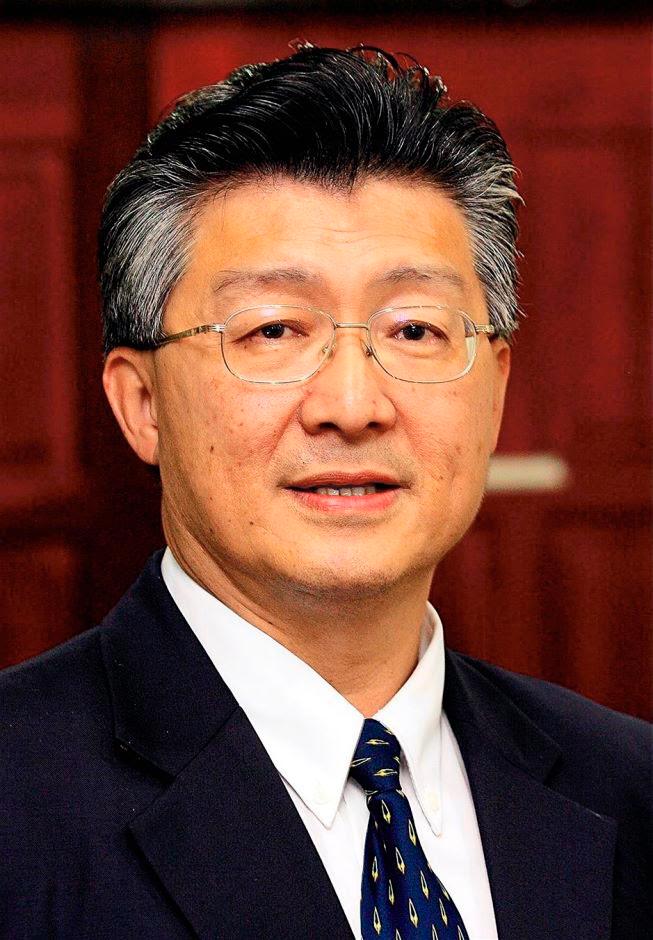KUALA LUMPUR: The National House Buyers Association (HBA) said it “strongly objects” to the government’s plans to reduce the “consent threshold” in the proposed Urban Redevelopment Act (URA) to less than 100%.
Its secretary-general Datuk Chang Kim Loong was commenting on the recent announcement by Housing and Local Government Development Minister Nga Kor Ming that his ministry is in the final stage of drafting the URA.
“Last year, Nga proposed that the consent threshold shall be 75% when it currently requires 100% agreement from strata-title owners before any renewable measures are permitted.”
While some quarters have viewed the proposed URA as a step in the right direction, Chang said it is a regressive move that circumvents Article 13 of the Federal Constitution, which stipulates the right to own property in this country.
“We hope the government will not follow the footsteps of its predecessors who tried to ignore the unconstitutional impact such a law would have on homeowners, whether within or without the Federal Territories.
“And if we are not careful, the potential redevelopment law could also be extended to cover landed non-strata schemes, irrespective of whether it is freehold or leasehold.”
He said while laws can be enacted for the greater good of the public, the government must ensure that any redevelopment law does not become another en-bloc stratum (forced) sale proposal that was touted by commercial developers over 10 years ago.
“That proposed law accorded them the right to ‘confiscate’ land from owners for profit and not for any novel purpose of rejuvenation or benefits to owners.”
En-bloc strata sale is where land with buildings erected on it is identified for acquisition by developers.
Chang said more often than not, the developer’s decision is purely commercial.
“Developers will then approach owners and persuade them to part with their properties at market rates.
“Once they obtain the land, the original buildings are demolished and a new mixed development is erected, encompassing residential and commercial components that are priced far higher than the purchase price of the demolished buildings.”
Chang said the HBA perceives such moves as “forceful acquisition of land” eyed by developers for profitable returns. A law that facilitates en-bloc sale only enforces the might of the majority, with profit margin being the main purpose.
Hence, it ignores the objections of those who do not want to dispose of their properties as they operate based on the majority rule.
“Enacting this new law for en-bloc sale without obtaining the genuine consent of all the owners will pave the way for disharmony in any development – strata or otherwise – and potentially lead to social unrest.”
He said the main parties to benefit from all these are property developers and their agents.
Chang conceded that Nga had pointed out that the rates for the “consent threshold” are much lower in certain developed countries.
He said the previous government also took Singapore as an example to justify the enactment of the URA.
“However, we have explained that Singapore and Hong Kong only have leasehold land for existing buildings while new development land is scarce.
“In Malaysia, we have freehold and leasehold land and have significantly greater land masses.”
He added that while en-bloc sale is arguably a necessary evil in the two island states this argument does not apply to Malaysia.
“No rightful homeowner should be disadvantaged in any scheme in the name of redevelopment, rejuvenation or revitalisation when there are plenty of reasons such a move is unnecessary,” Chang said.









